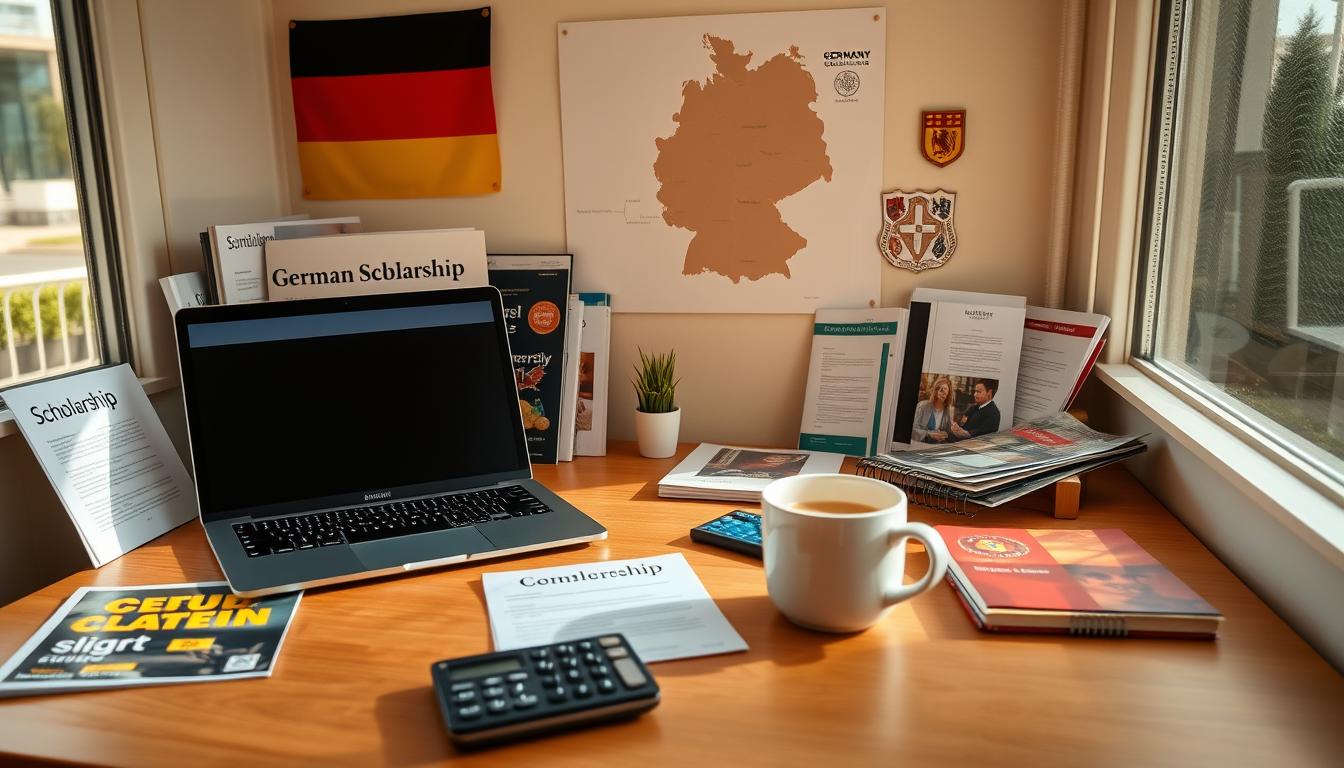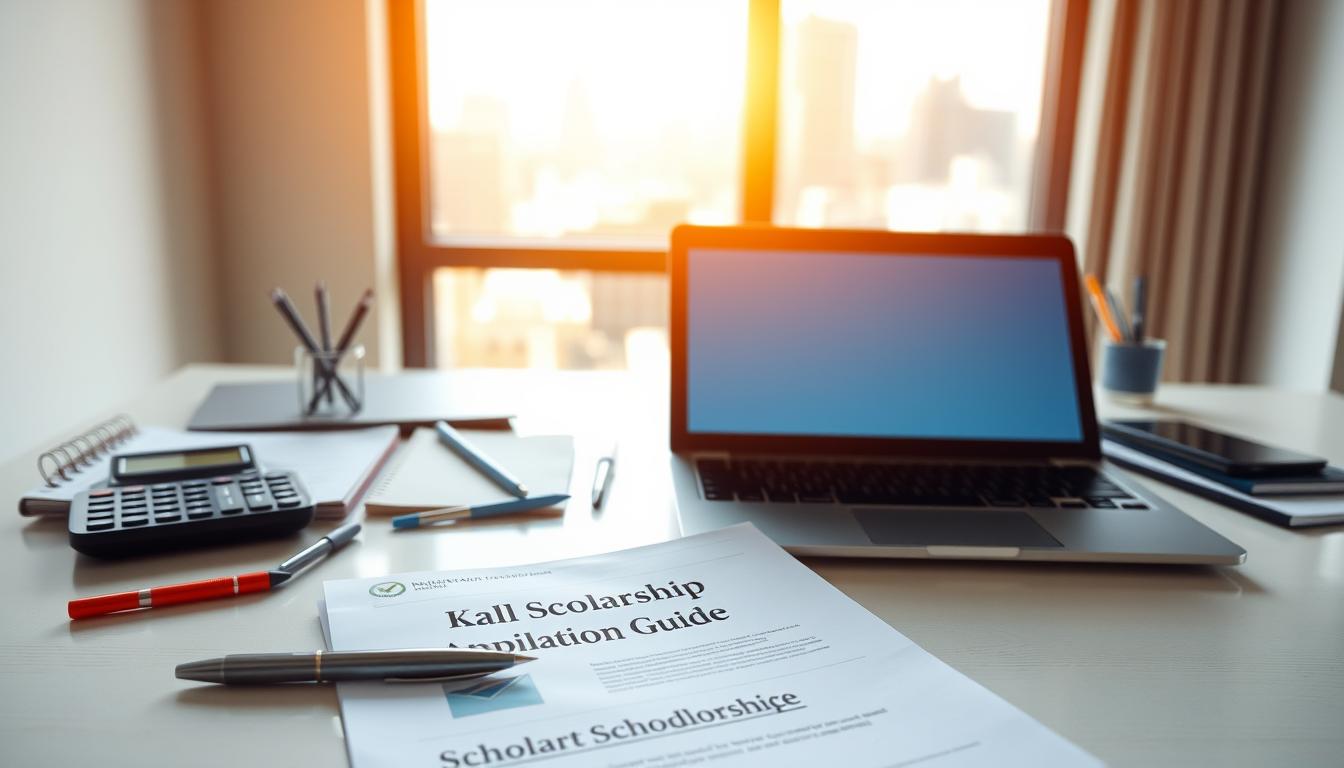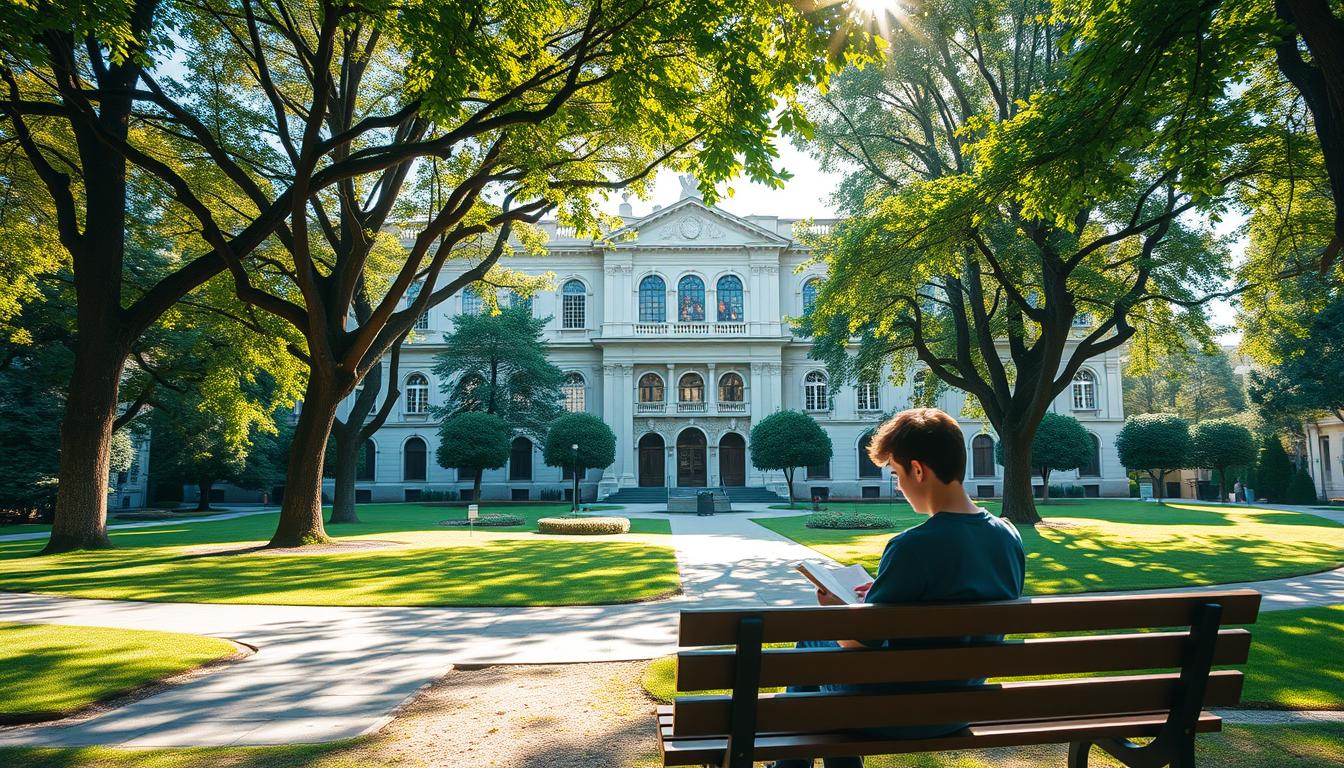Canada offers world-class education with diverse funding options for international students.
Anúncios
South African applicants can access prestigious programs like the Emerging Leaders in the Americas Program (ELAP) and Study in Canada Scholarships. These opportunities help learners pursue academic excellence abroad.
Understanding application processes is crucial. Programs like the Flight PS752 Commemorative Scholarship have strict deadlines, such as May 21, 2025. Global Affairs Canada administers these initiatives, ensuring structured international exchanges.
Anúncios
This guide simplifies the research process. It provides clear information on eligibility, deadlines, and required documents. Students can navigate the scholarship landscape with confidence.
For more information, explore the official scholarship website mentioned in this article:
You will be redirected to another website
Types of Canadian Scholarships Available
Funding opportunities in Canada span across disciplines, regions, and academic levels. These programs cater to diverse groups, from international learners to doctoral researchers. Global Affairs Canada administers many prestigious awards, ensuring structured access to financial support.
For International Students
The Emerging Leaders in the Americas Program (ELAP) supports students from Latin America and the Caribbean. Similarly, Study in Canada Scholarships include a dedicated stream for Sub-Saharan Africa, benefiting South African applicants. These initiatives cover tuition, travel, and living expenses.
For Canadian Citizens
Domestic candidates qualify for awards like Canada Graduate Scholarships and International Business Scholarships. These focus on fostering leadership in academia and industry. Funding amounts vary, with some covering full tuition for graduate studies.
Specialized Programs
Unique initiatives include the Canada-ASEAN Scholarships and OAS Academic Scholarships. Research-focused options like the Vanier Canada Graduate Scholarships offer $50,000 annually for doctoral research. The Banting Postdoctoral Fellowships provide $70,000 per year for advanced projects.
Eligibility Criteria for Canadian Scholarships
Meeting eligibility standards is the first step toward securing funding for higher education. Programs vary by academic level, region, and discipline, so applicants must verify requirements before submitting applications.
Academic Requirements
Most programs set minimum GPA thresholds. Graduate awards often require a 3.0 or higher. Undergraduate options may accept lower scores but prioritize extracurricular involvement.
- Undergraduate: High school transcripts, letters of recommendation.
- Graduate: Bachelor’s degree, research proposals, faculty endorsements.
Country-Specific Opportunities
South African students qualify for specialized streams like Study in Canada Scholarships. STEM fields receive priority in some programs.
- ELAP: For Latin American/Caribbean candidates.
- Canada-ASEAN: Focused on Southeast Asian applicants.
Language Proficiency and Other Prerequisites
English or French tests are mandatory for non-native speakers. Common benchmarks include:
- IELTS 6.5 or TOEFL 90 for English programs.
- TEF B2 for French-taught studies.
Some awards, like the ECCC Meteorology Awards, require discipline-specific experience (e.g., atmospheric science).
“Deadlines are strict—mark your calendar for the Canada-China Scholars’ Exchange Program by May 20, 2025.”
How to Apply for Canadian Scholarships: A Step-by-Step Process
A well-structured approach increases success rates for funding applications. Breaking the process into phases—research, preparation, and submission—ensures no critical steps are missed.
Researching and Selecting Scholarships
Start with official portals like Global Affairs Canada’s search tool. Filter by academic level, field, and eligibility to find matching opportunities.
South African students should verify country-specific requirements. Some programs prioritize STEM fields or align with UN Sustainable Development Goals.
Preparing Required Documents
Gather materials early to avoid delays. Below is a checklist for common requirements:
| Document | Notes |
|---|---|
| Academic transcripts | Notarized if translated |
| Language test scores | IELTS/TOEFL for English; TEF for French |
| Reference letters | From professors or employers |
| Study/research proposal | Required for programs like CCSEP |
Submitting Your Application
Follow submission protocols carefully. Digital portals often require PDFs under 5MB. Physical mail needs tracking numbers.
- Double-check deadlines—some awards like the Flight PS752 scholarship need essays.
- Save confirmation emails and track application status.
“A compelling personal statement highlights alignment with the program’s mission—edit ruthlessly for clarity.”
Conclusion
Chenying’s success with the CCSEP program shows how preparation leads to results. The 2024 awardee credits early document gathering and aligning her research with the program’s goals.
Key strategies include using government portals and tracking deadlines like May 2025. Many students boost funding by combining provincial and federal awards.
“The Canada-China program transformed my education,” Chenying notes. Verified resources and timely submissions unlock these opportunities.
For 2025-2026, start now. Detailed checklists and program-specific information ensure no missed steps. Every prepared applicant stands a chance.
FAQ
What types of financial aid are available for students in Canada?
There are several options, including merit-based awards, need-based grants, and specialized programs for international learners. Some focus on leadership, while others support specific fields of study.
Who can apply for funding as a non-Canadian?
Many programs welcome applicants from abroad, but requirements vary. Some prioritize students from certain regions, while others assess academic excellence or research potential.
What documents are typically needed when submitting an application?
A>Most requests require transcripts, recommendation letters, and proof of language proficiency. Some may ask for a study proposal or portfolio, depending on the program.
How competitive are these opportunities?
The selection process can be highly selective, especially for prestigious awards. Strong grades, extracurricular involvement, and compelling essays improve chances of success.
When should someone start preparing their submission?
Ideally, research should begin 6-12 months before deadlines. This allows time to gather materials, request references, and refine application essays.
Are there options for postgraduate studies?
Yes, many institutions and organizations offer support for master’s and doctoral candidates. These often emphasize research contributions in specific disciplines.
What happens if an applicant misses the deadline?
Late submissions are rarely accepted. It’s best to track due dates carefully and submit materials well in advance to avoid technical issues.






